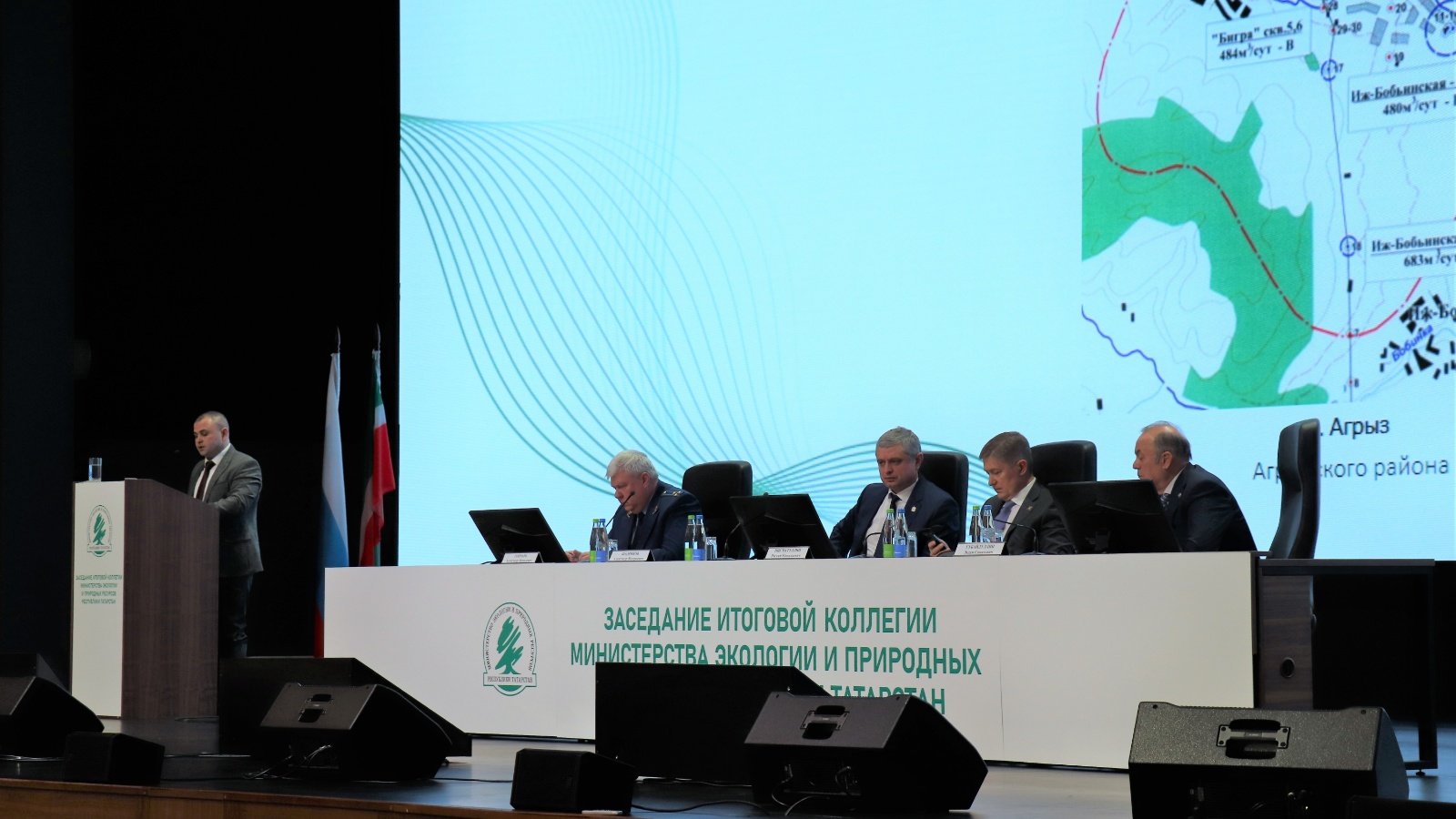The problems of providing the population with high-quality drinking water were voiced at the final board of the Ministry of Ecology by the head of the "Geocenter" State Institution, Mars Valiev

The Director of the "Scientific and Production Association for Geology and Subsoil Use of the Republic of Tatarstan" State Institution made a report at the final board of the environmental Protection Agency. Mars Valiev said that Tatarstan is rich in underground water resources, but despite the good availability of underground water supplies, the main percentage of water supply falls on surface sources. Only 30% of the population uses groundwater. There are several reasons for this: incomplete development of explored deposits, large financial costs that are required for the construction and improvement of water intake facilities, and more. "Since 2013, 189.4 million rubles have been allocated from the budget of Tatarstan to identify new groundwater deposits in order to provide high-quality drinking water to the population of the republic. Geological exploration works are carried out, reserves of drinking groundwater are approved, the boundaries of sanitary protection zones are allocated. At the same time, municipalities and owners of water intakes are in no hurry to reserve land, equip water intake facilities and put sanitary protection zones on cadastral registration, which often leads to a deterioration in the quality of the supplied drinking water," the speaker noted. One of the negative examples of untimely land reservation is the situation with the Stolbishchy underground water deposit, which is a strategic reserve for water supply in Kazan.
Back in 2002, sites were allocated for the construction of water intakes, the district administration was recommended to reserve land. However, due to insufficient attention to these issues, 60% of the projected sites were built up. As a result, in 2019, due to the construction, it was necessary to re-carry out work on revaluation of reserves at this field and design new coordinates for the water protection zone.
To date, the work on revaluation of reserves has been completed, new coordinates have been determined for 11 water intake facilities, and 2 water protection zones are being reserved.
The speaker gave other examples, identifying the main problems in providing high-quality drinking water to residents of rural settlements:
- most water intakes of rural settlements operate wells 70-80 years;
- water intake structures are severely worn out and can become a source of groundwater pollution;
- due to the lack of technical documentation, it is impossible to create a unified register of water intake structures for their accounting and control, which can lead to premature depletion of groundwater deposits.
As of today, 1004 licenses for single or group water intakes for drinking water supply have been issued on the territory of the Republic of Tatarstan, including 905 licenses issued by the Ministry of Ecology and 99 licenses issued by the Federal Agency for Subsoil Use.